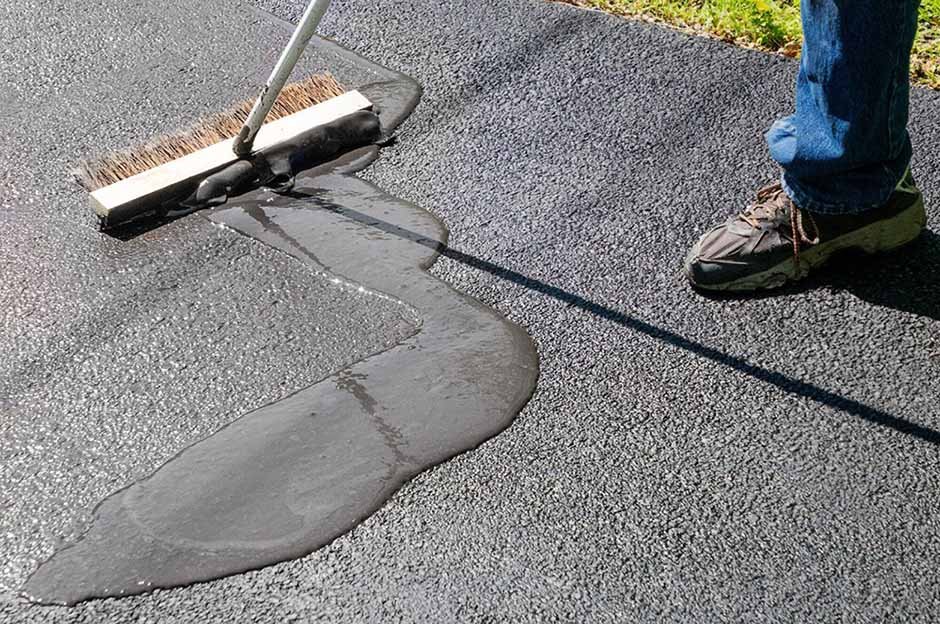Your decision to pave a new driveway or update an existing one is not just about creating a path to your home. It is about investing in your property’s functionality, curb appeal, and longevity.
There are numerous factors to consider when choosing the best driveway material for your driveway. And, two of the primary contenders are concrete and asphalt flooring.
This detailed guide will lead you through the comparison of both materials. By the end, you’ll be ready to pave the way to a decision that’s perfect for your household.
So, read on!
Durability and Longevity
When it comes to durability and longevity, both concrete and asphalt flooring have their strengths and weaknesses. Concrete has a reputation for being incredibly durable. It has an average lifespan of 20-30 years.
It is resistant to heavy loads, making it the preferred choice for driveways that will be used frequently or for parking large vehicles on.
On the other hand, asphalt may not be as durable as concrete flooring. It comes with an average lifespan of 15-20 years. However, concrete is more flexible and can withstand extreme temperature changes and freeze-thaw cycles without cracking.
Installation and Curing Time
The installation process for both concrete and asphalt driveways is quite different. Concrete requires a more complex process, including:
- excavation
- creating a base layer
- pouring the concrete
- finishing it with trowels or stamping patterns
Asphalt, on the other hand, involves fewer steps and can be laid and compacted in a relatively short amount of time. It also has a faster curing time, meaning you can start using your driveway sooner after installation.
If you would ask any contractor or a paving contractor in New Braunfels, TX, for example, they would advise you that a concrete driveway is worth the extra time and effort, as it will provide a longer-lasting and more durable solution.
Appearance and Aesthetic Options
When it comes to appearance, concrete and asphalt offer different options. Concrete has a more traditional look with its grey color, but it can also be stained or stamped with patterns to create a more decorative effect.
Asphalt has a darker black color and may not have as many aesthetic options as concrete. However, there are still ways to enhance its appearance, such as using colored sealers or adding decorative borders.
Maintenance Requirements
Proper maintenance is crucial for extending the lifespan of your driveway, regardless of the material used. Concrete may require more maintenance, such as sealing every 3-5 years to prevent cracking and staining.
On the other hand, asphalt does not need to be sealed as frequently but may require occasional patching or repairs due to its tendency to develop cracks over time.
Cost Considerations
The cost of a driveway can vary depending on the size, location, and chosen material. Generally, asphalt is less expensive upfront compared to concrete. However, concrete may be a more cost-effective option in the long run due to its longer lifespan and lower maintenance requirements.
Learn to Differentiate Between Concrete vs Asphalt Flooring
Both concrete and asphalt flooring offer unique benefits for your driveway. The decision will then ultimately depend on your specific needs and preferences.
By understanding the differences between concrete and asphalt flooring, you can make an informed decision that will enhance the functionality, curb appeal, and longevity of your property. So take the time to research and consider your options before paving the way to a beautiful and functional driveway for your home.
Should you wish to explore more topics, browse our main blog section. We’ve got more!


